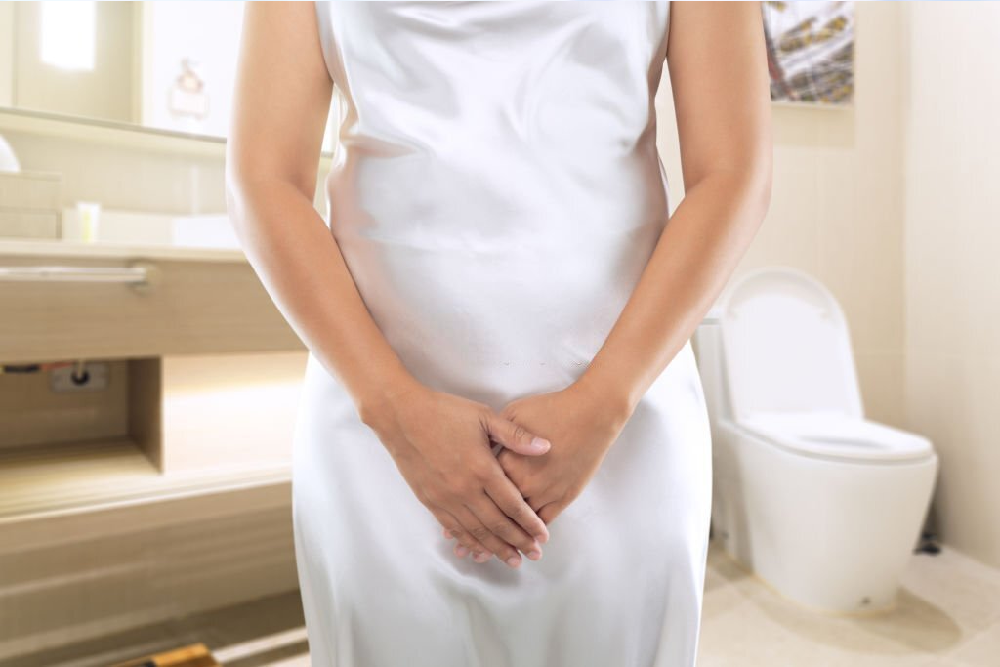
When we look at the words “urinary incontinence”, it might bring to mind the image of a person who is in their late 60s (or older). Truth is, urinary incontinence is a problem that affects people across all ages.
Simply put, urinary incontinence refers to disturbance in bladder control or the inability to hold back from passing urine as soon as the bladder is full. The condition can affect people in different degrees, from occasional leaks when they cough, sneeze or lift something heavy, to passing urine as soon as the urge arises.
What we refer to “bedwetting” in children is a symptom of urinary incontinence, and usually comes under control by the time the child is around 6 years of age. It tends to cease as a natural part of growth and development by the age of 10 to 12. If the condition persists even after the child enters his/her teens, the parents should consult a doctor to check for underlying issues, which include infection in the bladder, or urological, psychological or neurological issues.
Women in the reproductive age (between the ages of 18 and 45) may also face urinary incontinence. If the problem is temporary / transient, it may be due to an infection in the urinary tract (which includes the bladder) and could be rectified with medication. If the issue is persistent, the cause may be related to physiological issues (such as weakened pelvic floor muscles after delivery), and may need surgical intervention. To pinpoint the cause and address it, the person should consult a urogynaecologist and get a urodynamic study done.
One of these issues is the possibility of developing urinary incontinence or disturbance in bladder control. Typically, older women experience “urge incontinence” or inability to hold back from urinating as soon as their bladder is full, and “stress incontinence” wherein a physical action (like sneezing, coughing or bend over) causes them to lose control over the their bladder.
A common cause behind this condition is the decline in estrogen (a hormone) post menopause. Estrogen helps to keep the lining of the bladder and urethra healthy, so its decline causes the tissue to become less elastic and leads to incontinence. In such cases, estrogen therapy may be advised to address the issue.
Other causes of incontinence include weakened pelvic floor muscles, shifting of the uterus (post delivery) and the presence of an infection in the urinary tract. Once the cause is identified, suitable treatment based on medication and/or an exercise routine will be advised.
Urinary incontinence can cause discomfort on both physical and emotional levels. In most cases, the real issue is the hesitation on part of women to share that they are facing a problem, until it becomes unbearable. Let me reiterate – no matter what your age, this is a medical condition, and there is nothing to be embarrassed about. If you or anyone you know is facing this condition, the best course of action would be to consult a urologist or urogynaecologist and get a urodynamic study done – and seek a suitable solution. Don’t wait or hold back – the sooner you take the first step, the better it is for you.